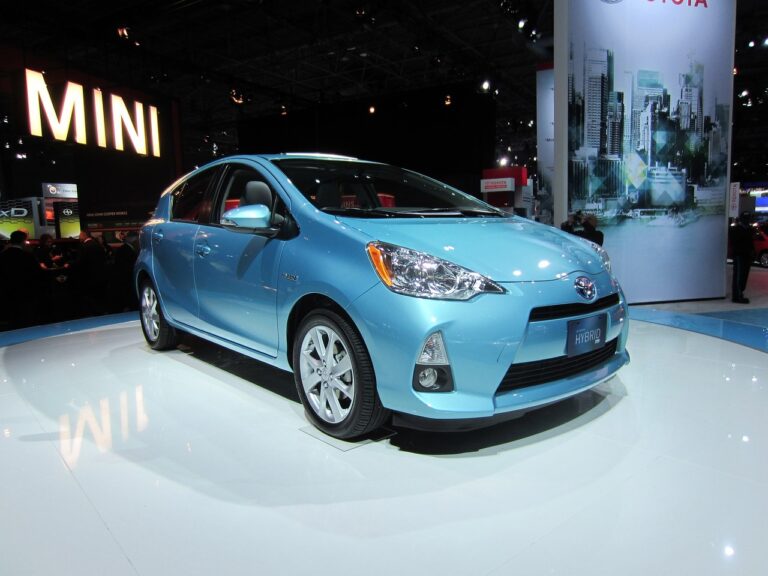The impact of space tourism on the future of travel
Space tourism, once a distant dream reserved for the wealthiest and most adventurous individuals, is rapidly becoming a reality in today’s world. Companies like SpaceX, Blue Origin, and Virgin Galactic are leading the charge in making space travel accessible to the masses. As this industry continues to evolve and expand, the impact of space tourism on the future of travel is a topic of great interest and speculation.
The Rise of Space Tourism
In recent years, there has been a surge of interest and investment in space tourism. Companies like SpaceX, founded by Elon Musk, are actively working towards providing commercial space travel opportunities. NASA’s Commercial Crew Program has also paved the way for private companies to transport astronauts to the International Space Station.
Blue Origin, founded by Amazon’s Jeff Bezos, and Virgin Galactic, founded by Richard Branson, are focused on suborbital space tourism experiences for civilians. These companies are making significant strides in developing spacecraft that can safely transport passengers to the edge of space and back.
The Impact on Traditional Travel
As space tourism becomes more accessible and affordable, it is likely to have a significant impact on traditional forms of travel. While traditional airlines may not be directly affected by space tourism in the short term, there is potential for competition in the long term.
Space tourism could offer a unique and exciting alternative to traditional vacations, appealing to a new generation of travelers looking for unforgettable experiences. As the technology improves and costs decrease, more people may choose to explore space as their next travel destination.
Technological Advancements
The development of space tourism is driving advancements in technology that will have far-reaching implications beyond the realm of space travel. Companies like SpaceX are revolutionizing the way we think about space exploration, with reusable rockets and sophisticated spacecraft design.
These technological advancements have the potential to benefit other industries, such as transportation and energy. For example, the development of reusable rocket technology could lead to more sustainable practices in the aerospace industry, reducing costs and environmental impact.
Social and Cultural Implications
Space tourism is not only reshaping the future of travel but also influencing our society and culture in profound ways. The idea of civilians traveling to space has captured the imagination of people around the world, sparking a renewed interest in space exploration and discovery.
As more individuals have the opportunity to experience space firsthand, there may be a shift in our collective perspective on our place in the universe. Space tourism could inspire a new generation of scientists, engineers, and explorers to pursue careers in space-related fields, furthering our understanding of the cosmos.
Economic Opportunities
The rise of space tourism presents exciting economic opportunities for countries and companies involved in the industry. As space travel becomes more accessible, there is potential for growth in aerospace manufacturing, tourism infrastructure, and space-related research and development.
Spaceports are being developed around the world to accommodate the increasing demand for space tourism, creating jobs and stimulating local economies. As the industry continues to expand, there may be new opportunities for collaboration and innovation that could benefit society as a whole.
Regulatory Challenges
As companies like SpaceX, Blue Origin, and Virgin Galactic push the boundaries of space tourism, there are significant regulatory challenges that must be addressed. Issues such as passenger safety, environmental impact, and liability in the event of accidents must be carefully considered and regulated.
Government agencies like the Federal Aviation Administration (FAA) in the United States are working to develop regulations that balance innovation with safety and responsibility. International cooperation may also be necessary to ensure that space tourism is conducted in a responsible and sustainable manner.
The Future of Space Tourism
While space tourism is still in its infancy, the potential for growth and innovation in this industry is vast. As companies continue to make advancements in technology and infrastructure, space travel may become more accessible and widespread in the coming years.
Space tourism has the power to inspire and captivate people around the world, creating new opportunities for exploration and discovery. Whether it’s a brief suborbital flight or a trip to the moon, space tourism is poised to revolutionize the way we think about travel and the future of humanity’s relationship with the cosmos.
FAQs
Q: How much does space tourism cost?
A: The cost of space tourism varies depending on the company and the type of experience offered. Suborbital flights, like those offered by Virgin Galactic, can range from $200,000 to $250,000 per person. Orbital flights, such as those planned by SpaceX, may cost millions of dollars.
Q: Is space tourism safe?
A: While space tourism is still a developing industry, companies are taking precautions to ensure the safety of passengers. Extensive testing and safety measures are in place to minimize risks associated with space travel. However, as with any form of transportation, there is inherent risk involved.
Q: How soon can I book a space tourism experience?
A: Space tourism experiences are not yet widely available to the general public, but companies like Virgin Galactic and Blue Origin are actively working towards commercial operations. It may be several years before space tourism becomes a mainstream travel option for consumers.
Q: What are the environmental implications of space tourism?
A: Space tourism has the potential to contribute to environmental degradation through increased carbon emissions and space debris. Companies are exploring ways to minimize their environmental impact through sustainable practices and innovative technologies.







